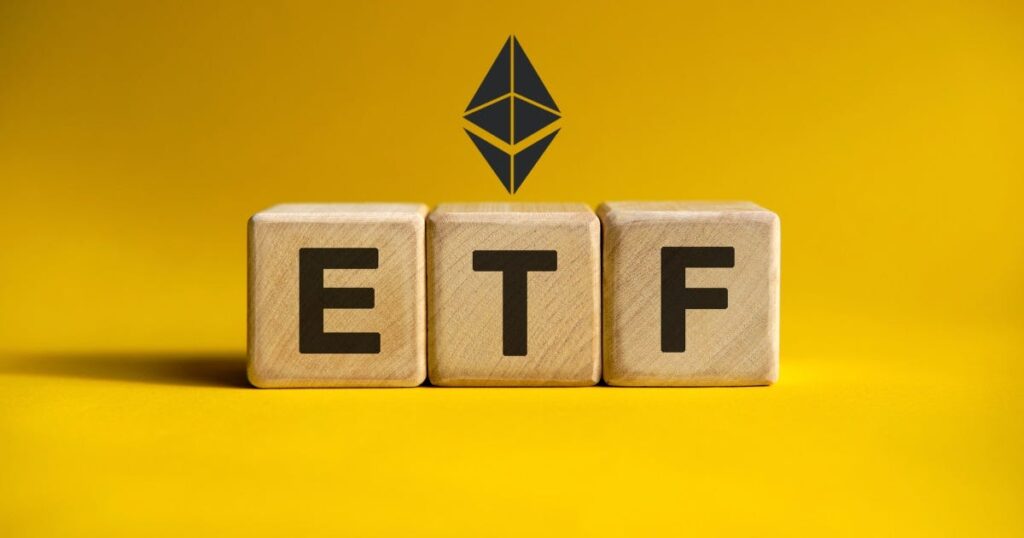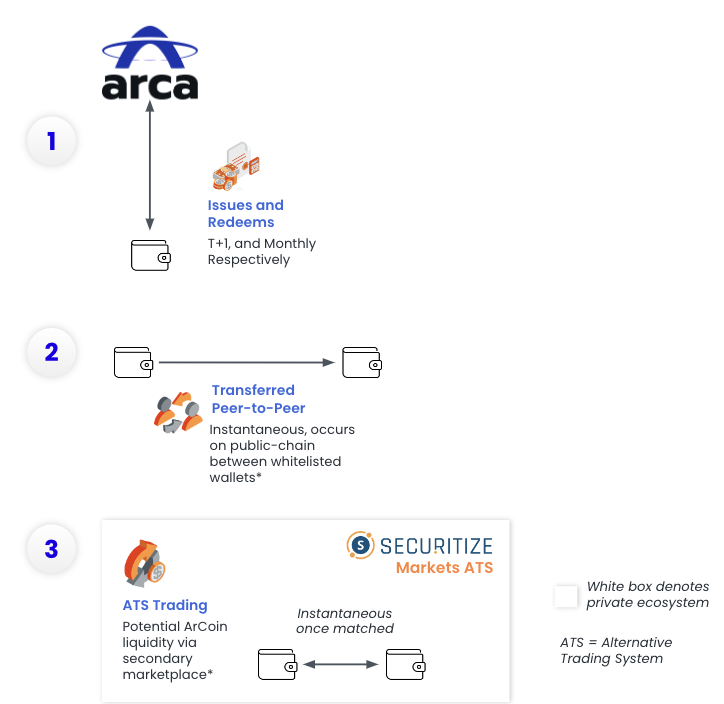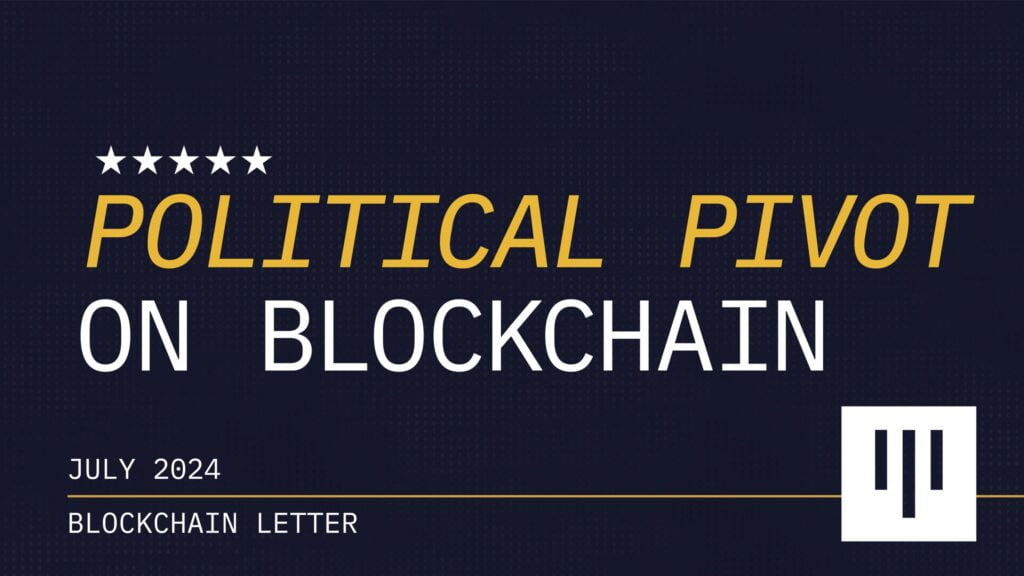Research Summary
The report discusses a podcast featuring Ethereum co-founder Vitalik Buterin, where he explores the potential applications of blockchain technology in democracy, consensus, and government governance. He shares his views on elections, the role of technology in democracy, and the process of resource distribution.
Key Takeaways
Blockchain’s Role in Democracy
- Blockchain as a Democratic Tool: Vitalik Buterin believes that blockchain technology can be used to implement new forms of democracy. He suggests that blockchain can help explore better ways of governance and that the Ethereum Foundation is already providing tutorials on how to build democracy on the blockchain.
- Decentralization and Democracy: Buterin emphasizes that the core of blockchain technology is decentralization. He suggests that as blockchain technology is used beyond currency, managing and upgrading these applications becomes a new challenge. He believes that blockchain technology can help achieve the goal of users collectively controlling the fate of applications.
Blockchain’s Role in Consensus
- Blockchain and Voting Systems: Buterin discusses the limitations of traditional voting systems and suggests that blockchain technology can help overcome these limitations. He mentions Ranked Choice Voting and Approval Voting as potential solutions that can be implemented using blockchain technology.
- Quadratic Voting and Funding: Buterin introduces Quadratic Voting and Quadratic Funding as mechanisms that can help achieve consensus and fund public goods. He mentions that these mechanisms have already been used in the Ethereum ecosystem.
Blockchain’s Role in Government Governance
- Blockchain and Public Property: Buterin suggests that blockchain technology can help manage public property in a decentralized manner. He mentions the transition from Proof of Work (POW) to Proof of Stake (POS) in Ethereum as an example of community collective decision-making.
- Blockchain and Resource Distribution: Buterin believes that blockchain technology can help achieve more democratic and transparent distribution of resources. He suggests that technologies like zero-knowledge proofs can be used to protect user privacy while ensuring the security and reliability of the system.
Actionable Insights
- Explore Blockchain for Democratic Processes: Governments and organizations can explore the use of blockchain technology to implement new forms of democracy and better governance methods.
- Consider Blockchain for Consensus Building: Blockchain technology can be used to overcome the limitations of traditional voting systems and achieve consensus in a more democratic manner.
- Investigate Blockchain for Resource Distribution: Blockchain technology can be used to achieve more democratic and transparent distribution of resources, which can be particularly useful for governments and public organizations.












